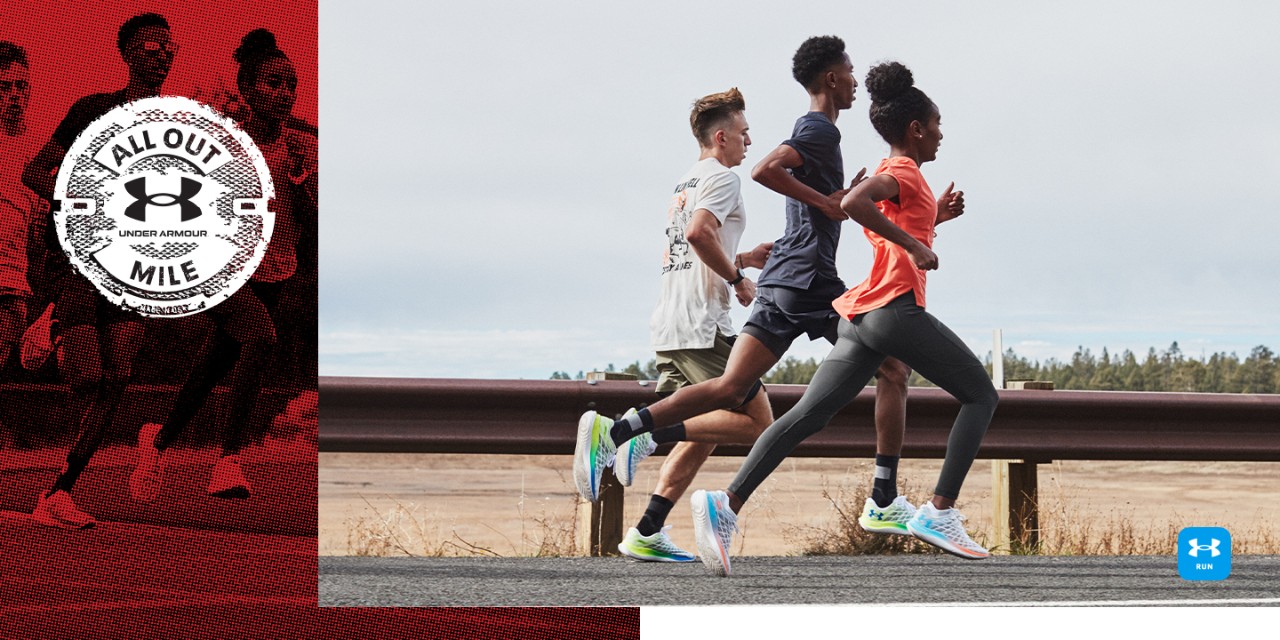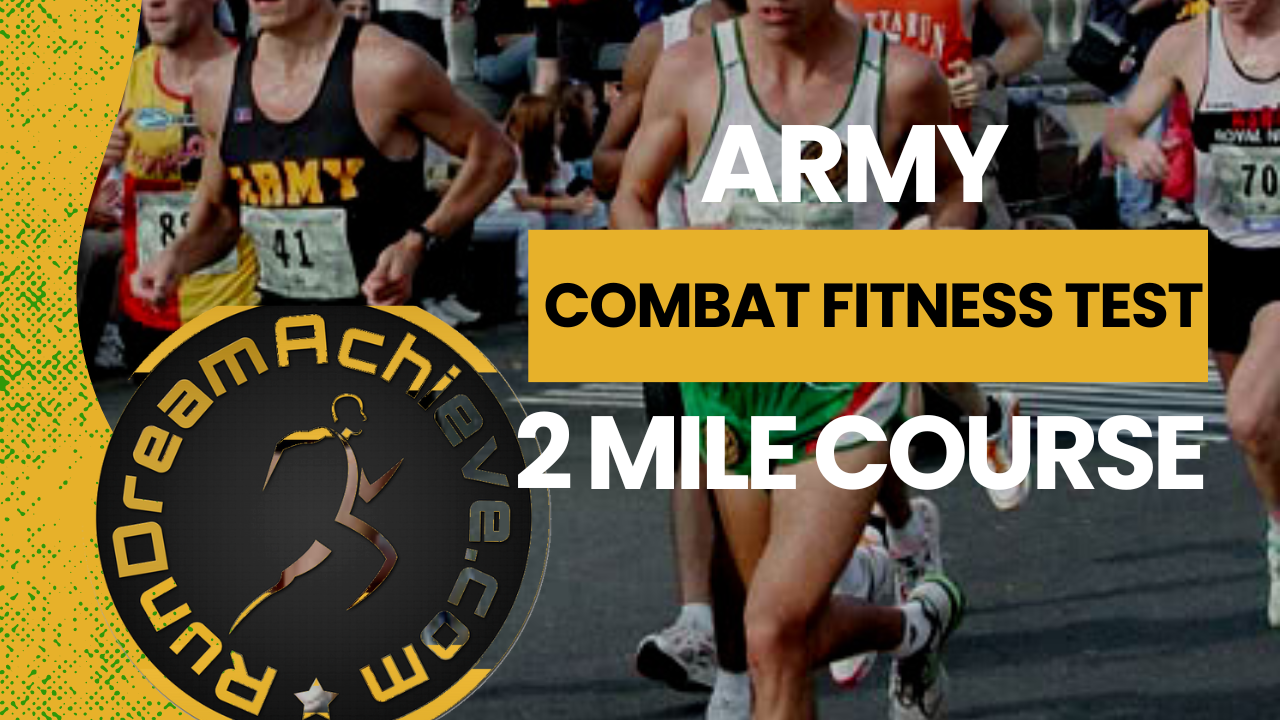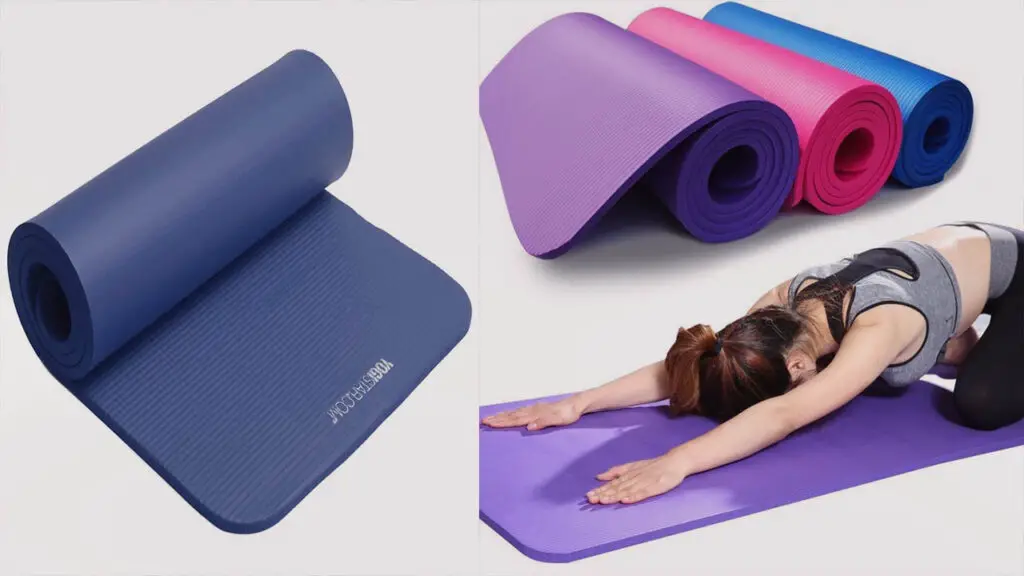The 1.5 mile run is a crucial component of the Police Fitness Test, measuring stamina and endurance. The Police Fitness Test includes various physical assessments to ensure that candidates possess the necessary physical capabilities for the job.
One of the most significant tests is the 1. 5 mile run. This test evaluates an individual’s stamina and endurance, reflecting their ability to meet the physical demands of police work. Successful completion of the 1. 5 mile run requires candidates to attain a specific time determined by the police department.
Often performed on a track or a predetermined course, this test assesses cardiovascular fitness and overall physical health. Candidates must train and prepare adequately to achieve the required fitness level for the 1. 5 mile run and increase their chances of success in the Police Fitness Test.
Importance Of The 1.5 Mile Run In Police Fitness Test
The police fitness test is a critical component of the recruitment process for aspiring law enforcement officers. One of the most important elements of this test is the 1.5 mile run, which serves as a reliable measure of an applicant’s physical fitness and endurance.
Physical And Mental Demands
The 1.5 mile run is designed to evaluate an individual’s physical and mental capabilities. Police officers often find themselves in physically demanding situations that require them to chase suspects on foot, respond quickly to emergencies, and endure long hours of patrolling.
By including the 1.5 mile run in the fitness test, police departments aim to assess an applicant’s ability to handle the physical demands of the job. This test measures not only a candidate’s cardiovascular endurance but also their mental toughness and ability to push through fatigue.
Evaluation Criteria
The completion time of the 1.5 mile run is used as a benchmark for evaluating an applicant’s fitness level. The test provides insight into an individual’s aerobic capacity, which is crucial for performing essential police tasks effectively.
Typically, there are minimum time requirements that applicants must meet in order to pass the test and move forward in the recruitment process. These requirements can vary between departments, but they are typically based on the average completion times of experienced officers.
| Gender | Age Group | Minimum Time Requirement |
|---|---|---|
| Male | 18-29 | 10:31 |
| Female | 18-29 | 12:31 |
Achieving a fast completion time in the 1.5 mile run not only demonstrates an individual’s physical fitness but also their commitment and dedication to the profession. It shows that a candidate is willing to put in the effort to maintain their physical condition, which is crucial for ensuring their effectiveness as a police officer.
Overall, the 1.5 mile run is a vital component of the police fitness test as it accurately evaluates an individual’s physical and mental capabilities. By setting minimum time requirements, the test ensures that only the most physically fit candidates progress in the recruitment process, increasing the chances of selecting individuals who can handle the demands of the job effectively.

Credit: www.stlpr.org
Training Strategies For The 1.5 Mile Run
One of the essential aspects of preparing for the police fitness test is training for the 1.5 mile run. This test evaluates the cardiovascular endurance, speed, and stamina of aspiring police officers. In order to excel in this test, it is crucial to implement specific training strategies that focus on building cardiovascular endurance, improving speed and stamina, and incorporating interval training.
Building Cardiovascular Endurance
Building cardiovascular endurance is crucial for performing well in the 1.5 mile run. It involves training the heart and lungs to efficiently provide oxygen to the muscles during physical activity. By following a consistent training regimen, individuals can improve their cardiovascular endurance and increase their performance in the test.
Here are some effective training strategies to build cardiovascular endurance:
- Incorporate regular aerobic exercises such as running, cycling, or swimming into your training routine. This will help improve your cardiovascular fitness.
- Gradually increase the duration and intensity of your runs to challenge your cardiovascular system and improve endurance.
- Include uphill runs or stair climbing exercises to add an extra challenge and engage different muscle groups.
- Practice consistent breathing techniques, such as deep belly breathing, to optimize oxygen intake during running.
Improving Speed And Stamina
In addition to building cardiovascular endurance, it is essential to focus on improving speed and stamina for the 1.5 mile run. This involves training the body to maintain a faster pace for an extended period of time.
Here are some effective strategies to improve speed and stamina:
- Include interval training sessions in your training routine. This involves alternating between high-intensity sprints and periods of active recovery, which can significantly improve your running speed and stamina.
- Incorporate tempo runs, where you run at a comfortably hard pace for an extended period of time. This will train your body to maintain a faster pace for a longer duration.
- Include strength training exercises, such as lunges, squats, and plyometrics, to build lower body strength and power, which can enhance speed and stamina.
- Regularly practice running drills, such as high knees, butt kicks, and strides, to improve running form and efficiency.
Incorporating Interval Training
Interval training is a highly effective training method to prepare for the 1.5 mile run. It involves alternating periods of high-intensity exercise with periods of active recovery.
Here are some tips for incorporating interval training into your routine:
| 1 | Start with shorter intervals of high-intensity exercise, such as 30-second sprints, followed by an active recovery period, like a slow jog or walk. |
| 2 | Gradually increase the duration and intensity of the high-intensity intervals while decreasing the duration of the recovery periods. |
| 3 | Experiment with different interval lengths and intensities to challenge your body and prevent plateauing. |
| 4 | Include interval training sessions in your training routine 2-3 times per week to improve speed, stamina, and overall performance. |
By implementing these training strategies, individuals can effectively prepare for the 1.5 mile run in the police fitness test. Remember to gradually increase the intensity of your training, listen to your body, and stay consistent with your workouts. With proper training and dedication, you can improve your cardiovascular endurance, speed, and stamina, ultimately increasing your chances of success in the police fitness test.
Nutrition And Recovery For Optimal Performance
Fueling your body with proper nutrition and taking time to recover are crucial for optimizing your performance in the 1.5-mile run of the Police Fitness Test. Giving your body the right fuel, staying hydrated, and allowing it time to rest and recover will help you achieve your best results. In this section, we will explore the importance of nutrition, hydration, and recovery, and provide practical tips to help you reach your fitness goals.
Fueling For Endurance
Proper nutrition plays a key role in fueling your body for endurance during the 1.5-mile run. To maintain energy levels and improve performance, focus on consuming a balanced diet that includes a mix of complex carbohydrates, lean proteins, and healthy fats. These macronutrients provide the necessary fuel and nutrients for optimal performance and recovery. Consider incorporating the following into your diet:
- Complex carbohydrates: foods like whole grains, fruits, and vegetables provide sustained energy and prevent blood sugar crashes during your run.
- Lean proteins: include sources such as poultry, fish, beans, or tofu to support muscle repair and promote a lean physique.
- Healthy fats: choose sources like avocados, nuts, and seeds which provide essential fatty acids and aid in absorption of fat-soluble vitamins.
Additionally, it’s important to fuel your body adequately before your run. Consuming a well-rounded meal that includes carbohydrates and protein about two to three hours before the test can help maintain energy levels and prevent hunger pangs during the run. Remember to stay hydrated before, during, and after your exercise regimen.
Hydration And Electrolyte Balance
Proper hydration is essential for overall performance and endurance during the 1.5-mile run. When your body is dehydrated, your physical and mental performance can suffer, leading to decreased endurance and increased risk of injury. To stay adequately hydrated, follow these tips:
- Drink water throughout the day: aim to drink at least eight 8-ounce glasses of water daily to maintain hydration levels.
- Monitor urine color: if your urine appears light yellow or clear, you are adequately hydrated. Darker urine may indicate dehydration.
- Include electrolytes: during intense exercise, such as the 1.5-mile run, you may need to replenish electrolytes lost through sweat. Consider incorporating electrolyte-rich foods such as bananas, oranges, and sports drinks into your pre and post-workout routine.
By staying hydrated and maintaining electrolyte balance, you can minimize the risk of muscle cramps, fatigue, and improve overall performance during the test.
Importance Of Rest And Recovery
Rest and recovery are often underestimated aspects of optimal performance. Getting enough rest helps your body to repair, rejuvenate, and prevent overtraining. Here are some key factors to consider:
- Get enough sleep: ensure you are getting at least 7-8 hours of quality sleep each night to allow your body to recover.
- Take rest days: incorporate rest days into your training schedule to give your body time to heal from the physical demands of exercise.
- Utilize active recovery: engaging in light exercise such as walking or stretching on rest days can help improve blood flow and aid in recovery.
Allowing your body time to rest and recover will help prevent injuries, reduce fatigue, and allow for continued progress towards your fitness goals.

Credit: about.underarmour.com

Credit: courses.rundreamachieve.com
Frequently Asked Questions Of Police Fitness Test 1.5 Mile Run
How Long Is The 1.5 Mile Run For Police?
The 1. 5 mile run for police typically covers a distance of 1. 5 miles, testing their endurance and fitness levels.
What Is The 1.5 Mile Run Test?
The 1. 5 mile run test is a fitness assessment that measures an individual’s endurance and cardiovascular fitness. It involves running a total distance of 1. 5 miles as quickly as possible.
What Is The 1.5 Mile Run For The Air Force Physical Fitness Test?
The 1. 5 mile run is a component of the Air Force physical fitness test. It is a timed run to assess an individual’s aerobic endurance and fitness level. The goal is to complete the run within the designated time frame, which varies based on age and gender.
How Fast Should A Cop Run A Mile?
A cop should aim to run a mile in about 8-10 minutes. However, the speed may vary depending on the individual’s fitness level and department requirements. Regular running practice helps improve endurance and speed.
Conclusion
To sum it up, the 1. 5 mile run is a crucial component of the police fitness test. It measures an applicant’s endurance, stamina, and overall physical fitness. By consistently training and improving their running performance, aspiring police officers increase their chances of success in this demanding test.
Incorporating interval training, proper nutrition, and adequate rest can greatly enhance their performance. Remember, a strong performance on the 1. 5 mile run can make all the difference in achieving their goal of joining the police force. Keep pushing yourself and stay committed to your fitness journey!



